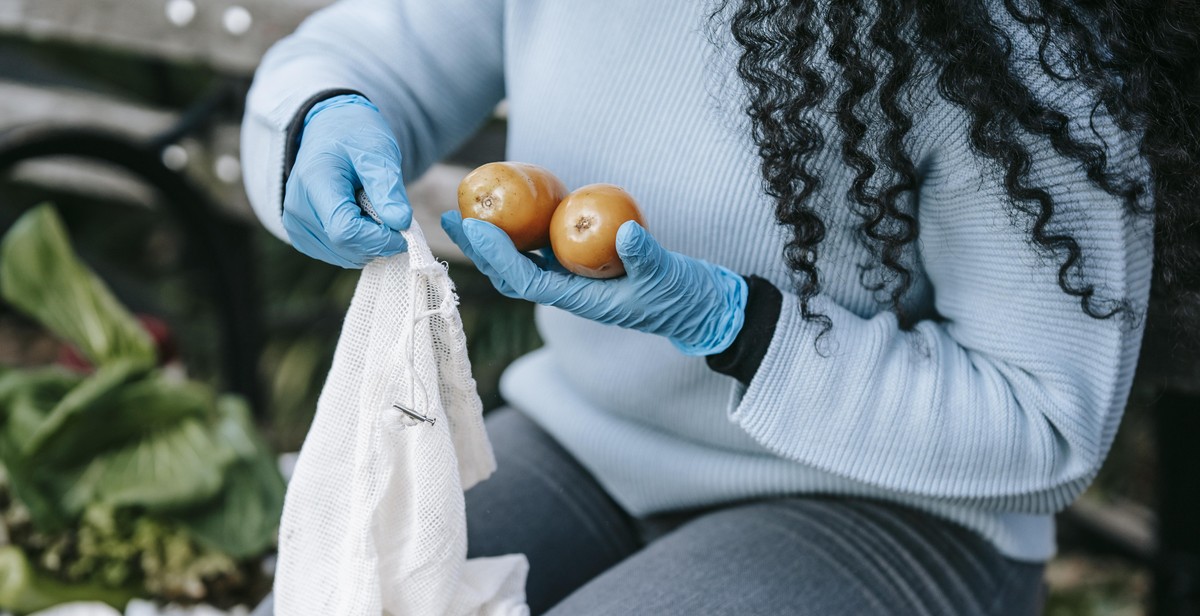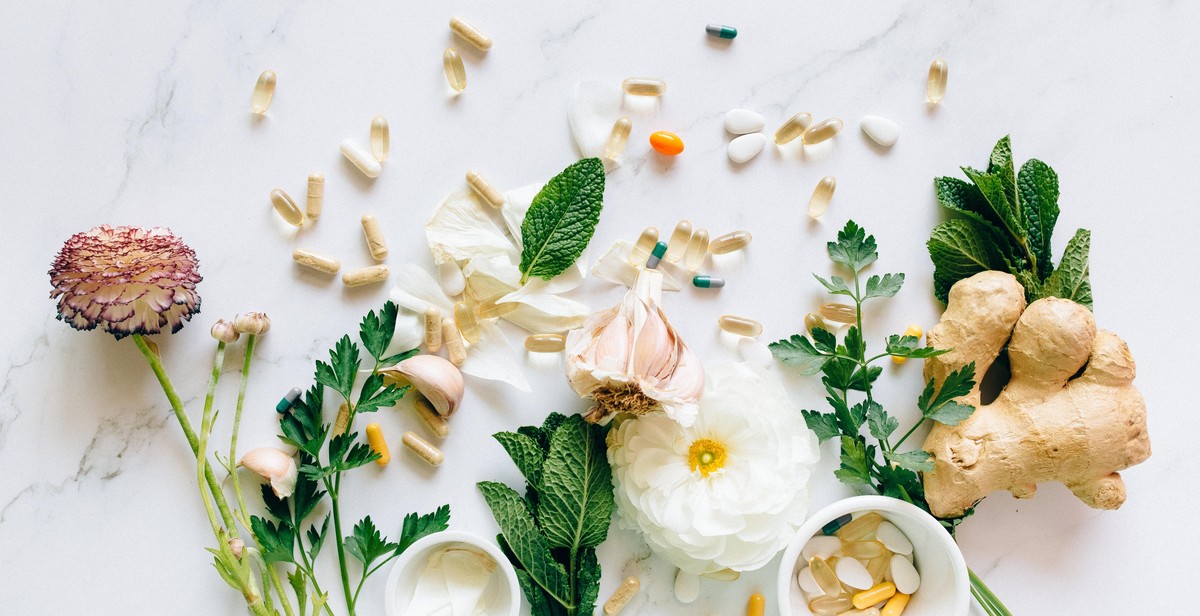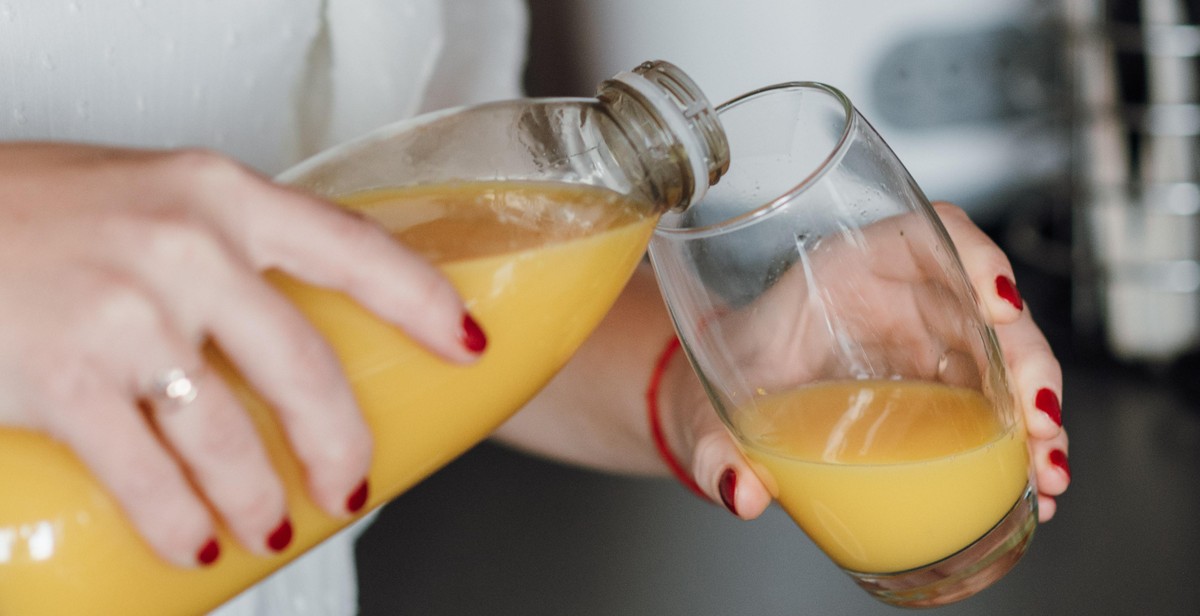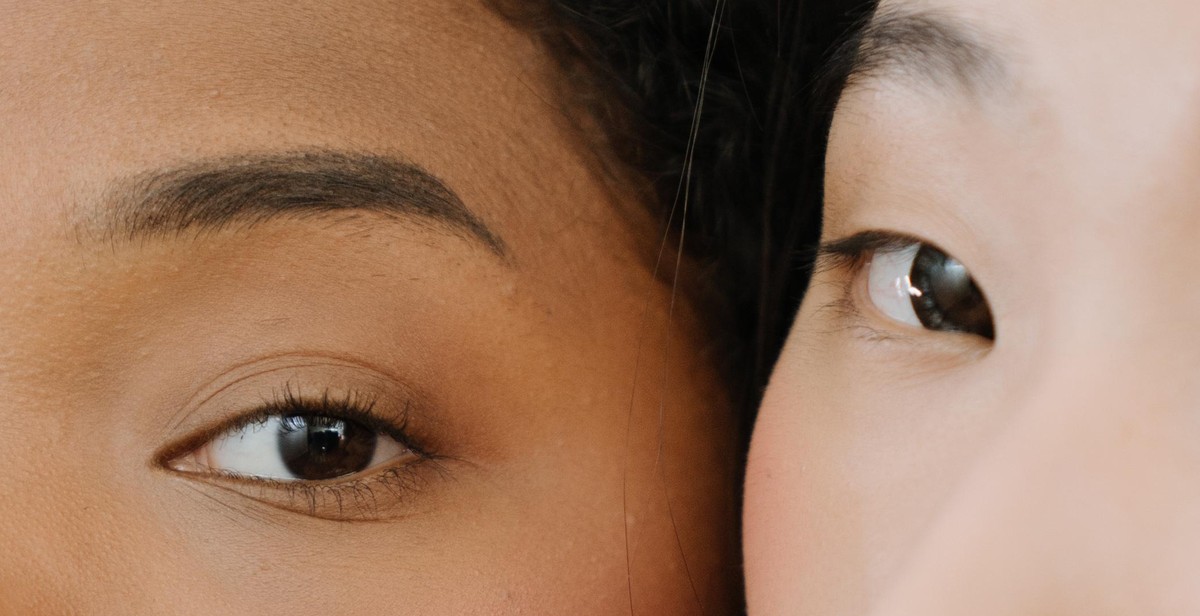Introduction: How to Prevent and Treat Acne Breakouts
Acne is a common skin condition that affects people of all ages, especially teenagers. It occurs when hair follicles become clogged with oil and dead skin cells, leading to pimples, blackheads, and whiteheads. While acne is not a serious medical condition, it can cause emotional distress and affect a person’s self-esteem.
There are several factors that can contribute to the development of acne, including hormonal changes, genetics, and certain medications. However, there are also many ways to prevent and treat acne breakouts.
Prevention
Preventing acne breakouts involves adopting healthy skin habits, such as washing your face twice a day with a gentle cleanser, avoiding touching your face, and keeping your hair off your face. Eating a balanced diet and staying hydrated can also help prevent acne.
Treatment
If you already have acne, there are many over-the-counter and prescription treatments available. These include topical creams and gels, oral medications, and light therapy. It’s important to consult with a dermatologist to determine the best treatment plan for your specific type of acne.
In this article, we will explore in-depth the various causes of acne and the most effective prevention and treatment methods.

Prevention
Acne breakouts can be frustrating and embarrassing, but there are steps you can take to prevent them from occurring in the first place. By making a few simple changes to your daily routine, you can reduce your risk of developing acne and keep your skin looking healthy and clear.
Maintain a Healthy Diet
What you eat can have a significant impact on the health of your skin. A diet high in refined sugars and processed foods can cause inflammation in the body, which can lead to acne breakouts. To prevent this, focus on eating a healthy, balanced diet that includes plenty of fruits, vegetables, lean proteins, and whole grains. Drinking plenty of water can also help flush toxins from the body and keep your skin looking healthy.
Keep Your Skin Clean
Keeping your skin clean is essential for preventing acne breakouts. Make sure to wash your face twice a day with a gentle cleanser to remove dirt, oil, and makeup. Avoid using harsh scrubs or exfoliants, as these can irritate the skin and cause more breakouts. If you have oily skin, consider using a toner to help control oil production and prevent clogged pores.
Avoid Touching Your Face
Touching your face can transfer bacteria and oil from your hands to your skin, which can lead to acne breakouts. Try to avoid touching your face throughout the day, and if you must touch your face, make sure to wash your hands first. Also, avoid resting your chin or cheeks on your hands, as this can transfer oil and bacteria to your skin.
Reduce Stress
Stress can have a significant impact on the health of your skin. When you’re stressed, your body produces hormones that can trigger acne breakouts. To reduce your risk of developing acne, try to find ways to manage your stress, such as practicing yoga, meditation, or deep breathing exercises. Exercise can also be an effective stress reliever.
Get Plenty of Sleep
Sleep is essential for the health of your skin. When you don’t get enough sleep, your body produces more stress hormones, which can lead to acne breakouts. Aim to get at least seven to eight hours of sleep each night to help keep your skin looking healthy and clear.
| Prevention Tip | Description |
|---|---|
| Maintain a Healthy Diet | Eat a healthy, balanced diet that includes plenty of fruits, vegetables, lean proteins, and whole grains. |
| Keep Your Skin Clean | Wash your face twice a day with a gentle cleanser to remove dirt, oil, and makeup. Avoid using harsh scrubs or exfoliants. |
| Avoid Touching Your Face | Avoid touching your face throughout the day, and if you must touch your face, make sure to wash your hands first. |
| Reduce Stress | Find ways to manage your stress, such as practicing yoga, meditation, or deep breathing exercises. Exercise can also be an effective stress reliever. |
| Get Plenty of Sleep | Aim to get at least seven to eight hours of sleep each night to help keep your skin looking healthy and clear. |

Treatment
Acne can be treated through over-the-counter medications, prescription medications, and natural remedies. The choice of treatment depends on the severity of the acne and the individual’s skin type.
Over-the-Counter Medications
Over-the-counter medications are the first line of treatment for mild to moderate acne. They are easily accessible and do not require a prescription. The following are some of the common over-the-counter medications:
- Benzoyl peroxide: It kills bacteria and reduces inflammation. It is available in the form of creams, gels, and washes.
- Salicylic acid: It unclogs pores and reduces inflammation. It is available in the form of creams, gels, and pads.
- Sulfur: It reduces oil production and unclogs pores. It is available in the form of creams, lotions, and masks.
Prescription Medications
Prescription medications are recommended for severe acne that does not respond to over-the-counter medications. The following are some of the common prescription medications:
| Medication | How it works |
|---|---|
| Retinoids | They unclog pores and reduce inflammation. They are available in the form of creams, gels, and pills. |
| Antibiotics | They kill bacteria and reduce inflammation. They are available in the form of creams, gels, and pills. |
| Isotretinoin | It reduces oil production and unclogs pores. It is available in the form of pills. |
Natural Remedies
Natural remedies are a popular alternative to traditional acne treatments. They are often gentler on the skin and have fewer side effects. The following are some of the common natural remedies:
- Tea tree oil: It has antibacterial properties and reduces inflammation. It is available in the form of creams, gels, and oils.
- Aloe vera: It reduces inflammation and promotes healing. It is available in the form of gels and creams.
- Green tea: It reduces oil production and has anti-inflammatory properties. It is available in the form of creams and extracts.

Lifestyle Changes to Prevent and Treat Acne Breakouts
Acne breakouts can be frustrating and embarrassing, but there are several lifestyle changes you can make to prevent and treat them. These changes include:
Exercise Regularly
Regular exercise is not only good for your overall health, but it can also help prevent and treat acne breakouts. Exercise helps to increase blood flow, which delivers oxygen and nutrients to your skin. This can help to reduce inflammation and promote healthy skin. Additionally, exercise helps to reduce stress, which is a common trigger for acne breakouts.
When it comes to exercise, it’s important to choose activities that you enjoy and that fit your lifestyle. Whether it’s going for a run, taking a yoga class, or playing a sport, find something that you look forward to doing. Aim for at least 30 minutes of moderate-intensity exercise most days of the week for optimal benefits.
Avoid Certain Products
The products you use on your skin can have a big impact on the health of your skin. Some products can clog pores and irritate your skin, leading to acne breakouts. To prevent and treat acne, it’s important to avoid certain products, including:
- Heavy, greasy moisturizers
- Makeup that is not labeled as “non-comedogenic”
- Harsh exfoliants
- Products that contain alcohol or fragrances
Instead, look for products that are labeled as “non-comedogenic” or “oil-free,” as these are less likely to clog pores and cause acne breakouts. Additionally, be gentle when cleansing your skin, and avoid using hot water or rough washcloths, as these can irritate your skin and make acne worse.
Stay Hydrated
Drinking enough water is important for overall health, but it can also help prevent and treat acne breakouts. When you’re dehydrated, your skin can become dry and flaky, which can clog pores and lead to acne breakouts. Additionally, staying hydrated helps to flush toxins out of your body, which can also help to prevent acne.
Aim to drink at least 8 glasses of water a day, and more if you’re exercising or in a hot climate. You can also get water from other sources, such as fruits and vegetables, soups, and herbal teas.
| Summary |
|---|
| By making these lifestyle changes, you can help prevent and treat acne breakouts. Exercise regularly to increase blood flow and reduce stress, avoid certain products that can clog pores and irritate your skin, and stay hydrated to keep your skin healthy and clear. Remember to be patient, as it can take time for these changes to have an effect on your skin. |

Conclusion
Acne breakouts can be frustrating and can greatly affect one’s self-esteem. However, with the right preventive measures and treatment, it is possible to keep acne at bay and maintain clear and healthy skin.
Preventive measures
- Keep your skin clean by washing it twice a day with a gentle cleanser
- Avoid touching your face with your hands to prevent the spread of bacteria
- Eat a healthy diet rich in fruits and vegetables
- Stay hydrated by drinking plenty of water
- Avoid using harsh skincare products that can irritate the skin
- Protect your skin from the sun by wearing sunscreen
Treatment options
If you already have acne, there are several treatment options available:
| Treatment | Description |
|---|---|
| Topical medications | Creams, gels, or lotions that are applied directly to the skin to reduce acne |
| Oral medications | Pills or capsules that are taken orally to treat acne |
| Light therapy | Uses light to reduce acne |
| Chemical peels | Uses a chemical solution to remove the top layer of skin and reduce acne |
Consult a dermatologist
If you have severe or persistent acne, it is important to consult a dermatologist. They can recommend the best treatment options for your specific skin type and condition.
By following these preventive measures and treatment options, you can prevent and treat acne breakouts and maintain clear and healthy skin.
